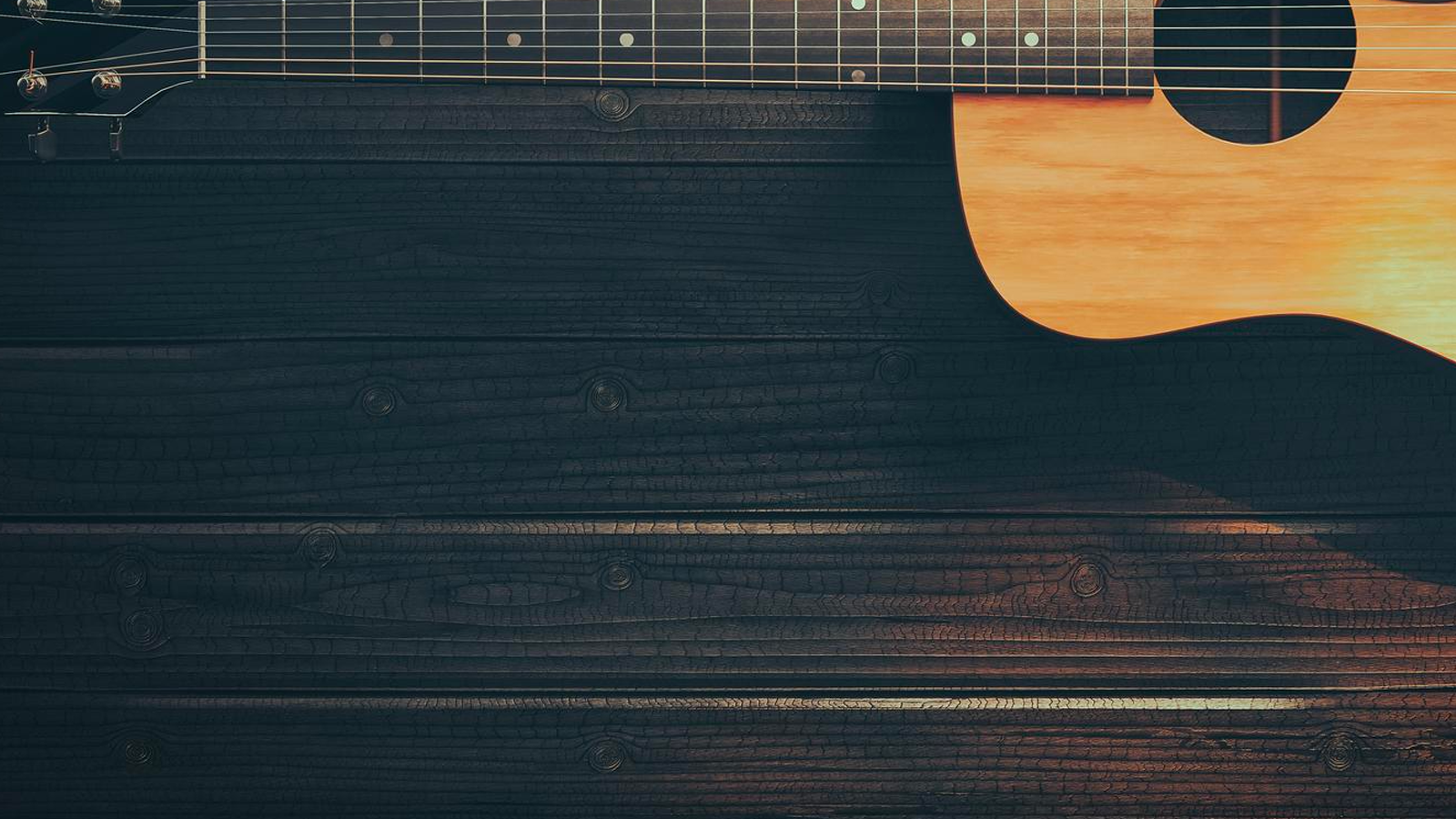Blues music is a genre steeped in emotion, authenticity, and storytelling. At the heart of this captivating musical tradition lies the rhythm guitar, an essential element that provides the foundation for the entire blues experience. In this blog, we’ll delve into the world of blues rhythm guitar and explore the contributions of some of the most iconic guitarists who have shaped the genre.
RELATED: Learn how to play Blues Guitar at TrueFire >
The Essence of Blues Rhythm Guitar
Blues rhythm guitar is all about establishing a steady groove that complements the soulful vocals and fiery lead guitar work. The foundation of blues rhythm guitar typically revolves around a 12-bar or 16-bar chord progression, where simple but powerful chords provide the framework for the song. The choice of chords can vary, but common ones include the I, IV, and V chords, creating the backbone of the blues.
Key Elements of Blues Rhythm Guitar:
Chords: Blues rhythm guitar relies heavily on a variety of chord voicings, including dominant 7th chords, 9th chords, and 13th chords. These chords add color and tension to the music.
Rhythmic Prowess: Timing and groove are essential in blues. Guitarists need to master syncopation, shuffle rhythms, and well-placed pauses to keep the groove alive.
Dynamic Playing: Blues guitarists often use dynamics to inject feeling into their playing. They might accentuate certain chords or notes for emphasis, and occasionally unleash powerful strums or plucks to punctuate the music.
Slide Guitar: Many blues guitarists incorporate slide playing, where a slide (typically a glass or metal tube) is used to create a distinctive, expressive sound by sliding along the strings. This technique adds a unique texture to the rhythm.
Legendary Blues Rhythm Guitarists
T-Bone Walker: Known as the father of modern blues guitar, T-Bone Walker was an innovator in both lead and rhythm playing. His sophisticated chord progressions and smooth technique laid the foundation for countless blues guitarists.
Muddy Waters: Muddy Waters’ gritty, electrified Chicago blues sound brought a new dimension to the genre. His rhythm guitar work was as iconic as his vocals and slide playing, making him a cornerstone of the blues.
B.B. King: The King of the Blues, B.B. King’s masterful use of vibrato and heartfelt vibrato-heavy rhythm playing are legendary. His guitar, Lucille, became an icon in its own right.
Freddie King: Known for his powerful and energetic approach, Freddie King’s rhythm playing was infused with a raw, electric energy that set him apart from the crowd.
Albert King: Albert King was renowned for his deep, resonant guitar tones and aggressive bending of notes. His rhythmic contributions to the blues are highly regarded.
John Lee Hooker: John Lee Hooker’s unique “talking blues” style featured a simple but deeply rhythmic guitar technique that captivated audiences for decades.
Modern Blues Rhythm Guitarists
The legacy of these legendary blues guitarists lives on in contemporary artists who continue to push the boundaries of blues rhythm guitar. Musicians like Joe Bonamassa, Derek Trucks, and Susan Tedeschi exemplify the enduring influence of the blues masters while adding their unique flavors to the genre.
Conclusion
Blues rhythm guitar is the heartbeat of the genre, providing the essential foundation for storytelling and self-expression. The blues, deeply rooted in history and emotions, relies on the steady hand and rhythmic skills of the guitarist. The legendary blues guitarists mentioned here, along with many others, have left an indelible mark on the genre, and their spirit lives on in the countless aspiring blues musicians who seek to carry the torch of this timeless and soulful music. Whether you’re a seasoned blues enthusiast or a newcomer to the genre, the rich history and masterful playing of these guitarists provide an inspiring journey into the world of blues rhythm guitar.
